Oct 15, V7N- The diplomatic tensions between Canada and India have intensified significantly, as Canada expelled six Indian diplomats, including the high commissioner, on Monday, accusing them of involvement in the murder of Sikh separatist leader Hardeep Singh Nijjar. Canada claims to have "clear and compelling evidence" of Indian agents participating in activities that threaten public safety, including the targeting of South Asian dissidents within Canada. Canadian Prime Minister Justin Trudeau condemned the actions as a violation of Canadian sovereignty, accusing India of engaging in criminal acts on Canadian soil.
India swiftly retaliated by expelling six Canadian diplomats, including the acting high commissioner, and withdrawing its envoy from Canada, citing concerns for their safety. India has repeatedly denied the accusations and accused Trudeau of pursuing a political agenda, dismissing Canada's investigation.
This diplomatic dispute marks a severe deterioration in relations between the two countries, which have been strained since Trudeau first linked Indian agents to Nijjar's assassination. Canada's Foreign Minister, Melanie Joly, stated that Canada had sought to have the diplomatic immunity of the accused Indian diplomats removed for questioning, but India refused to cooperate, prompting the expulsions.
The fallout is also impacting broader international relations. The U.S. has alleged Indian involvement in an assassination attempt on another Sikh separatist leader in New York and is investigating Indian agents' potential roles. These developments pose challenges for countries like the U.S. and Canada, which are seeking to deepen ties with India, particularly as a counterbalance to China's rising global influence.
END/WD/RH/



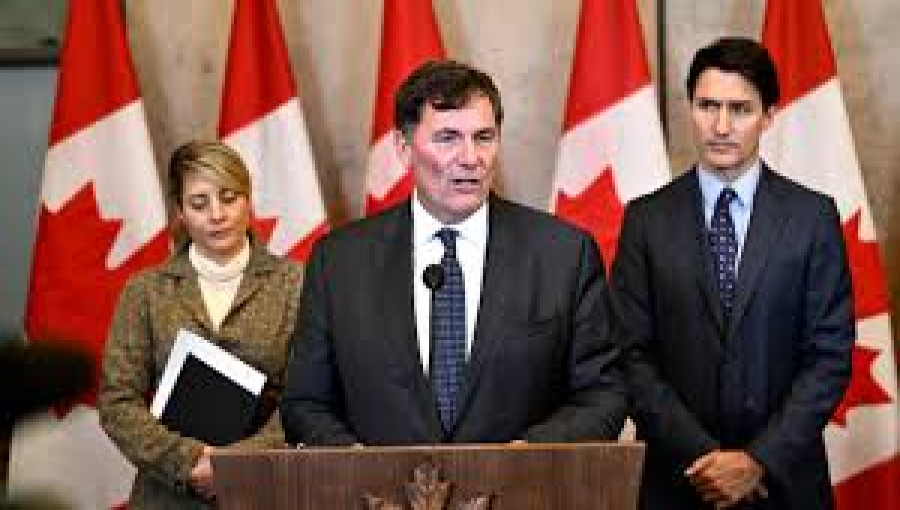

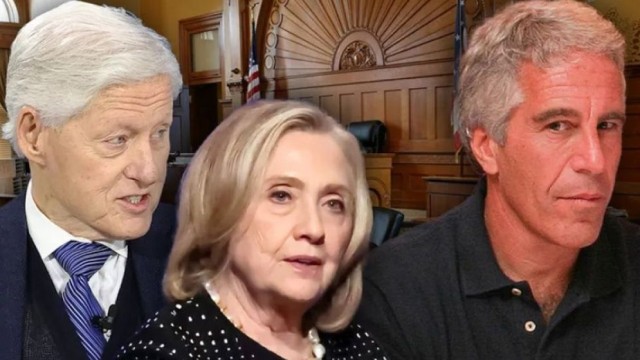
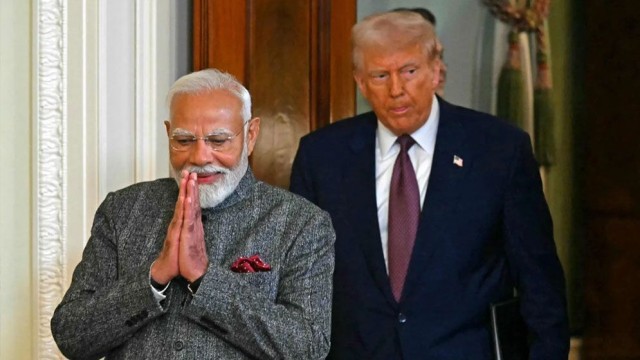
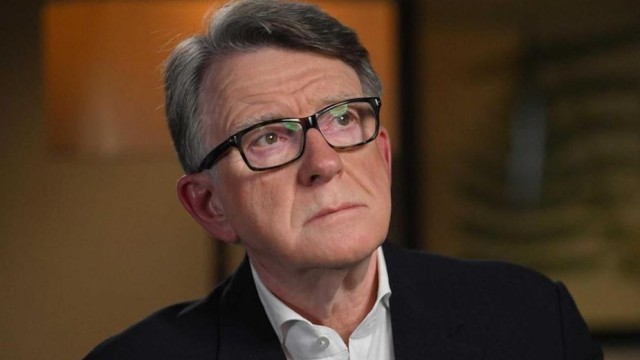

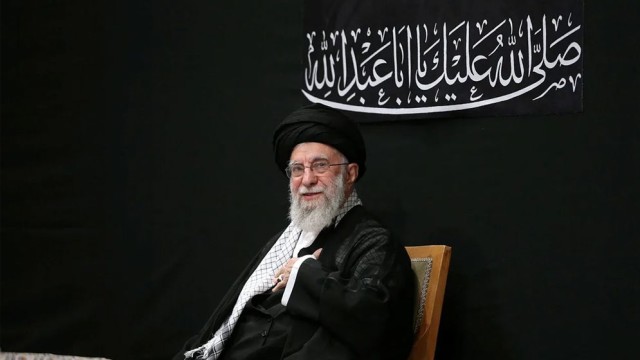
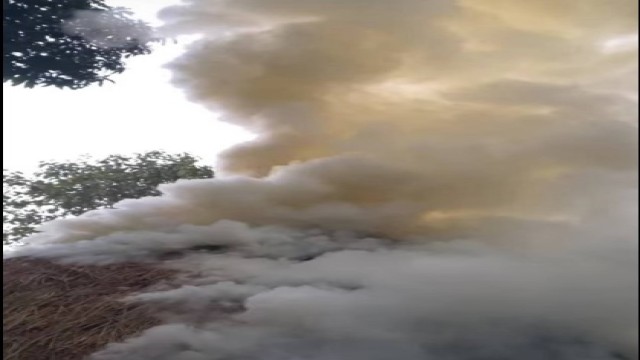
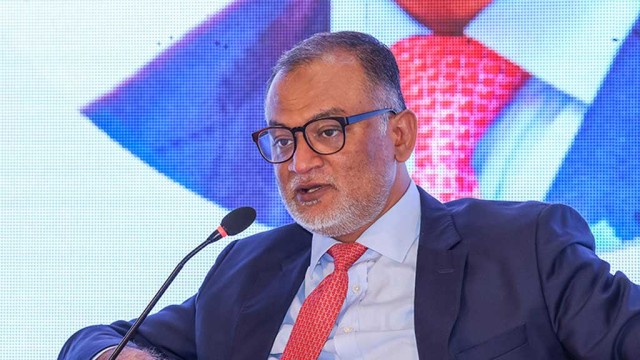


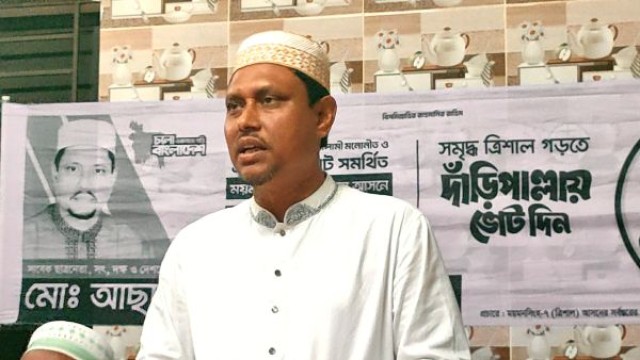
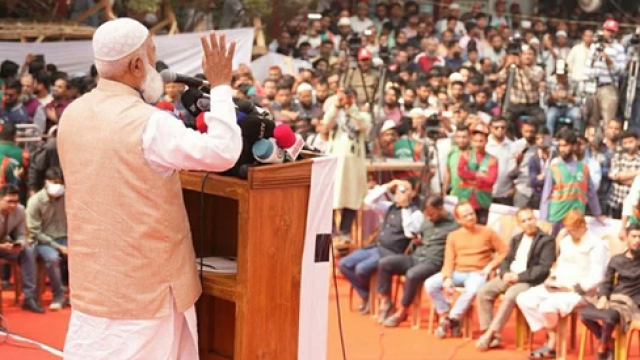

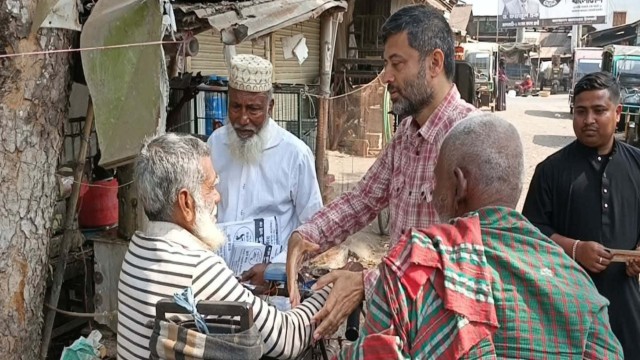
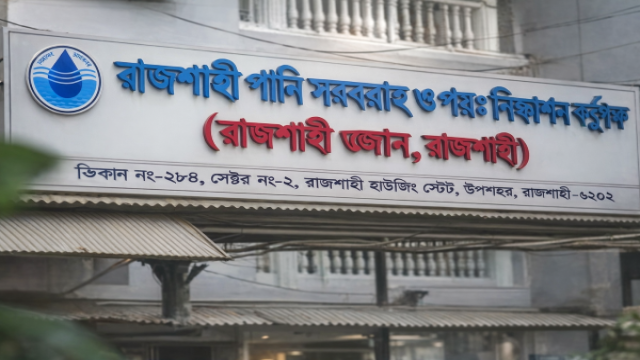
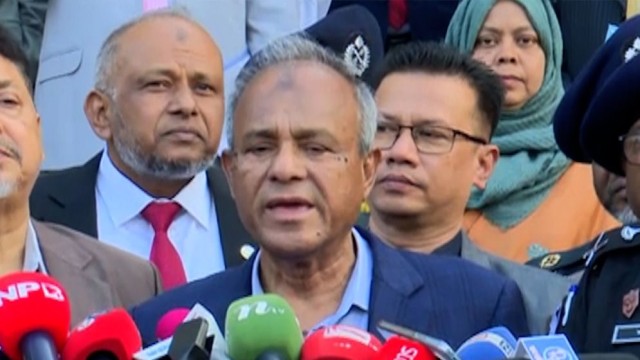











Comment: